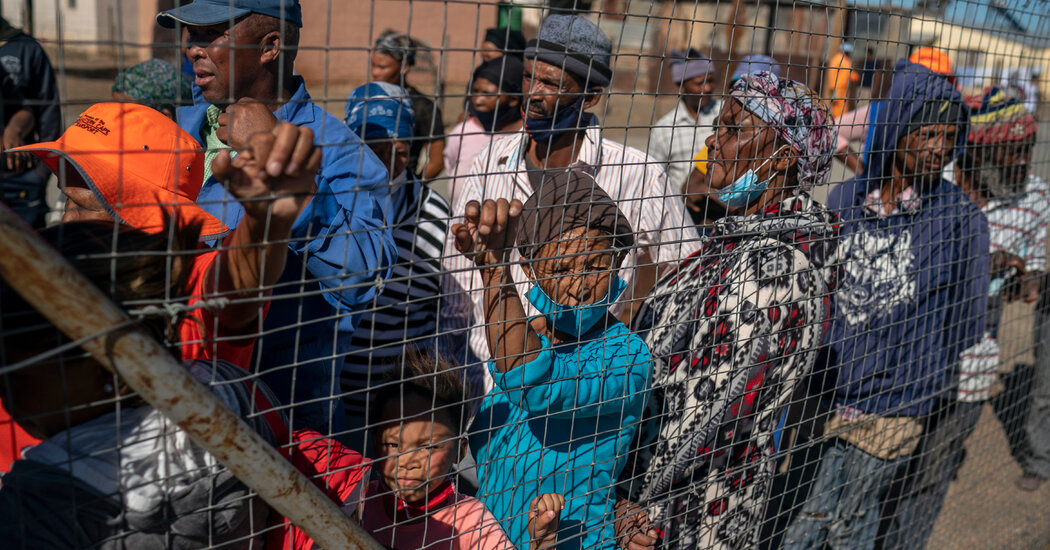For years, global hunger has been steadily increasing as poor countries confront crises ranging from armed groups to extreme poverty. At the same time, climate-related droughts and floods have intensified, overwhelming the ability of affected countries to respond before the next disaster hits.
But over the past two years, economic shocks from the pandemic have accelerated the crisis.
An estimated 270 million people are expected to face potentially life-threatening food shortages this year — compared to 150 million before the pandemic — according to analysis from the World Food Program, the anti-hunger agency of the United Nations. The number of people on the brink of famine, the most severe phase of a hunger crisis, jumped to 41 million people currently from 34 million last year, the analysis showed.
The World Food Program sounded the alarm further last week in a joint report with the U.N.’s Food and Agriculture Organization, warning that “conflict, the economic repercussions of Co-19 and the climate crisis are expected to drive higher levels of acute food insecurity in 23 hunger hot spots over the next four months,” mostly in Africa but also Central America, Afghanistan and North Korea.
The situation is particularly bleak in Africa.
As another wave of the virus grips the continent, the toll has ripped the informal safety net — notably financial help from relatives, friends and neighbors — that often sustains the world’s poor in the absence of government support. Now, hunger has become a defining feature of the growing gulf between wealthy countries returning to normal and poorer nations sinking deeper into crisis.



